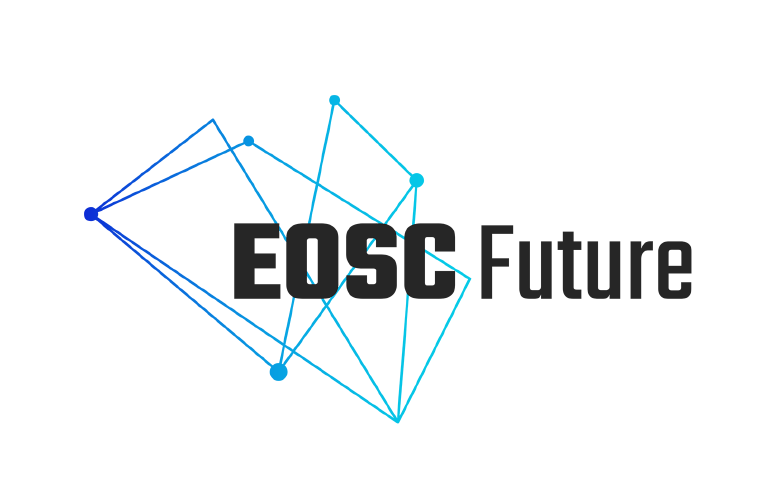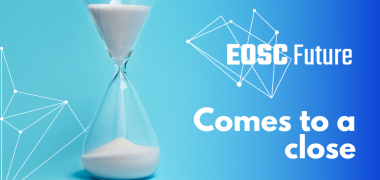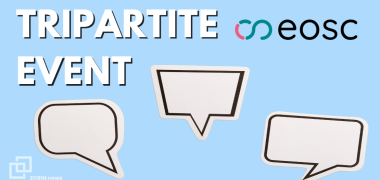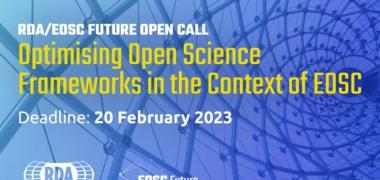EOSC Future
EOSC FutureFunding programme: Horizon 2020 (N 101017536)
Budget: €41M
Coordinator: ATHENA
Duration: 3 years (Apr 2021 - Sep 2023)
ECRIN's Role:
The EOSC Future project is the major implementation project building the European Open Science Cloud (EOSC). Putting together expertise from major European research infrastructures (computing, network, storage, data, tools) the project is working on operationalising the EOSC. It also builds on previous EC-funded projects that developed core components of this platform. The architecture connects and integrates existing and new technological elements. It brings in relevant data content and tools to investigate and analyse. This is carried out by a large consortium of over 90 European partners, in collaboration with researchers and important European stakeholders.
The EOSC will consist of three technical features, called the Core, the Exchange and the Interoperability Framework, offering base functionalities, tools to work with the data, and protocols for connecting existing facilities to the EOSC. Content (data, tools) comes from science clusters (each consisting of different disciplines) and e-infrastructures (computing, storage, network), and an important role for the users, which can be researchers but also service providers to offer new facilities to EOSC.
ECRIN is mostly involved in Task 6.3 Demonstrating EOSC Value through Cross-domain Research Science Projects, as the leader of the Test Science Project “COVID-19 metadata findability and interoperability in EOSC (in short META-COVID)”. This Test Science Project brings together different partners from the life sciences and social sciences and humanities to discuss metadata interoperability across different scientific disciplines in the frame of providing FAIR COVID-19 resources to the EOSC.
ECRIN's role in EOSC-Future
In EOSC Future ECRIN is driving the Science Project “COVID-19 Metadata findability and interoperability in EOSC (META-COVID)” which is a collaboration between the life sciences (represented by the EOSC-Life cluster) and the social sciences and humanities (represented by the SSHOC cluster). Metadata interoperability aspects across scientific domains will be discussed and fed back to the EOSC development.
![]()






